Apple Watch Series 2: Specs, straps and all you need to know
Apple is refreshing its smartwatch with three new features. Here are the details.
A free daily email with the biggest news stories of the day – and the best features from TheWeek.com
You are now subscribed
Your newsletter sign-up was successful
Apple Watch launch: smartwatch finally confirmed
9 September
Apple has confirmed that its long-awaited smartphone is real – but we'll have to wait until next year to see it in the stores.
Tim Cook, the company's chief executive, said consumers should treat the Apple Watch as an entirely new class of product.
The Week
Escape your echo chamber. Get the facts behind the news, plus analysis from multiple perspectives.

Sign up for The Week's Free Newsletters
From our morning news briefing to a weekly Good News Newsletter, get the best of The Week delivered directly to your inbox.
From our morning news briefing to a weekly Good News Newsletter, get the best of The Week delivered directly to your inbox.
"What we didn't do was take the iPhone and shrink the user interface and strap it on your wrist," he said. "That would be a terrible user interface.
Instead, the Apple Watch includes a slimmed-down operating system designed to work with an iPhone, but carry out a smaller range of tasks.
"By swiping up from the bottom of the watch's display, a series of cards display information such as the next meeting in a calendar, a message, or what song is playing," Wired.co.uk says.
Apple is not the first tech company to unveil a smartwatch, but products from Motorola, Samsung and Sony have yet to enter the mainstream. However, Apple has a track record of taking previously unloved product categories, such as tablet PCs, and turning them into hits.
A free daily email with the biggest news stories of the day – and the best features from TheWeek.com
Apple Watch rumours: what to expect today
Although Apple has never officially said that it is working on an iWatch and certainly hasn't confirmed the name or released any photos – the image above is a mock-up created by a hopeful fan – technology journalists have come to some preliminary conclusions about how the smartwatch will look, what it will do and when it will go on sale.
Size
Many publications report that the iWatch will come in two sizes, one for men and one for women. Apple Insider and 9to5Mac cite reports from analyst Ming-Chi Kuo who says that the two watches' displays will measure 1.3 inches and 1.5 inches, though the shape of the device is still unclear.
Storage
The smartwatch is predicted to have 8GB of internal storage, with 512MB of RAM (which is partly responsible for the speed of the device). These specifications are significantly lower than the current breed of Apple devices – iPhones can have up to 64GB of storage and 1GB of RAM, but the iWatch is expected to be much smaller than most other Apple devices.
Materials
According to the Wall Street Journal, the iWatch will be made from "hard, scratch-resistant synthetic sapphire" that has been manufactured in the US.
Apps
What will the iWatch actually do? This may depend on the imagination of the third-party developers who build apps for the device. Certainly, many analysts believe that the iWatch will have its own unique App Store that will allow users to download and install apps tailored specifically to the device’s capabilities. This could include messaging, news updates, FaceTime, and mapping software. But at this stage no one knows for sure.
Health
The device is expected to contain a pedometer to measure your footsteps, sensors for monitoring heart rate, and other health-related features.
Phone payment
It is predicted that the iWatch will allow users to pay for products by tapping their wrist against contactless payment tills. The system works with built-in near field communication (NFC), a short-range wireless chip similar to the ones embedded in modern bank cards.
Battery life
According to The Information, Apple employees are already actively trying to temper user expectations on battery life. Most of the smartwatches released to date have had batteries that last little over a day. Apple's offering is expected to perform little better.
Launch date
If the experts are right, Apple's new device won't go on sale until next year. As the Wall Street Journal says, "the fact that there haven’t been any assembly-line leaks supports the widely held expectation that an Apple watch won't arrive until 2015".
Apple is finally set to unveil its iWatch at a press event next month, according to the latest reports.
The wearable smartwatch, long rumoured but never yet confirmed, is expected to make an appearance at the iPhone 6 launch event, believed to be scheduled for 9 September.
The report comes from Re/code, a respected technology news site run by former Wall Street Journal reporters. Re/code was also the first to run the claim that 9 September will see the grand unveiling of the new iPhone.
The iWatch is said to make use of the HomeKit function of Apple's forthcoming iOS 8 operating system, which will allow users to turn lights on and off around their house and open and close their garage door.
It will also incorporate health software from third-party developers including blood pressure and heart rate monitors from fitness partners such as Nike, reports suggest.
"The iWatch will enable a quantification and personalisation of healthcare delivery on a scale previously unimaginable," one Apple investor told SeekingAlpha.com.
The device is rumoured to boast a 2.5-inch arched rectangular display built by LG, the Daily Telegraph reports. But Apple itself has been tight-lipped about the iWatch, so most specifications and mocked-up images (such as the one above) are largely speculative.
Forbes' Dan Diamond, says there is "good reason to be excited about the iWatch's broad promise" but, he cautions, with less than two weeks to go, "there's still a lot we don't know about Apple's newest product".
Apple is also said to be working on a new "iPad Pro" – a larger version of the current iPad, which it plans to release next year in a bid to revive the fortunes of its ailing tablet line.
iWatch: what to expect from Apple's latest gadget
13 June
After years of speculation, confidence is growing that Apple will finally launch the iWatch – a mythical miniature iPhone worn on the wrist – in autumn this year.
In the absence of official confirmation, internet conjecture has been buiding. So what do the rumours tell us about Apple's move into wearable tech?
What can we expect?
Although product details are a closely guarded secret (the image above and video below are mock-ups produced by a fan), most sources suggest the iWatch will feature a flexible display, which Apple news site MacRumors suggests will be supplied by LG. Other sources have suggested that Apple will use super-flexible "Willow Glass" made by Corning.
Contrary to early reports, the iWatch is expected to run a full version of Apple's iOS operating system rather than the simplified version used in the iPod nano. In-fact "the company's latest operating system – iOS 8 – has been specifically designed with the iWatch in mind", reports Macrumors. Given the size limitations of a wrist-worn device, it's also likely the product will be voice-controlled via Siri.
The battery will probably be charged via magnetic induction technology similar to that used in Nokia smartphones, which can be placed on a magnetic mat and recharged without the need for cables. Digitaltrends reports that Apple "may also be looking at solar and kinetic energy to supplement wireless charging and help the device last through the day".
What will it do?
Fitness is expected to take centre stage on the iWatch, and most experts predict the device will feature an array of biometric sensors for gathering health-related data such as heartrate, breathing rate, calorie consumption, body temperature and information on sleeping patterns.
The iWatch is also expected to serve as an accessory for the iPhones, iPads and Macs. It will let wearers control these devices from the wrist and "access common functionality and notifications at a glance", reports Macrumors. "We should also expect all the usual media controls we've seen on existing smartwatches," adds Digitaltrends (see concept video below).
Fingerprint scanners and an NFC chip for wireless payments have also been the subject of much speculation, although opinion remains divided on the likelihood of their inclusion.
One other critical hole in our knowledge of the iWatch is whether it will be able to make phone calls. The Samsung Galaxy Gear smartwatch can only make calls if it's connected to a smartphone – although Samsung has suggested that the next model will function as a standalone phone
How much will it cost?
The general consensus is that several different models will be made to cater for various budgets. Apple analyst Ming Chi Kuo predicts that "the most expensive models of the iWatch will carry a price tag of several thousand US dollars". But although Kuo has proved to be an accurate source of Apple news in the past, Business Insider says it will be "stunned" if the price reaches even $1,000 (£600). "Apple is supposed to be a mainstream technology company," it says, "and there's nothing mainstream about a $1,000 smartphone accessory". Analysts at Morgan Stanley suggest that Apple is likely to match the prices of competitors, such as the $300 Samsung Galaxy Gear.
How strong is the competition?
The demand for wearable tech has exploded in the last 18 months – with retail revenues expected to reach $19bn by 2018. Apple is relatively late to the market, with Samsung, Pebble, LG and Sony all having smartwatches on sale or on show. Arch-rival Google has also announced plans for a smartwatch of its own – the G Watch – and in March the tech giant revealed a new Android Wear operating system, which Macworld described as "a game-changing addition in the wearable sphere".
However, none of the smartwatches already on the market have made much of an impact beyond a hardcore of enthusiasts, and Apple has a track record of bringing niche products into the mainstream. The iPod was not the first MP3 player, and nor was the iPhone the first smartphone, but in each case Apple went on to define and dominate the product class. It would be rash to bet against the iWatch.
-
 The Olympic timekeepers keeping the Games on track
The Olympic timekeepers keeping the Games on trackUnder the Radar Swiss watchmaking giant Omega has been at the finish line of every Olympic Games for nearly 100 years
-
 Will increasing tensions with Iran boil over into war?
Will increasing tensions with Iran boil over into war?Today’s Big Question President Donald Trump has recently been threatening the country
-
 Corruption: The spy sheikh and the president
Corruption: The spy sheikh and the presidentFeature Trump is at the center of another scandal
-
 Is Apple’s Tim Cook about to retire?
Is Apple’s Tim Cook about to retire?Today's Big Question A departure could come early next year
-
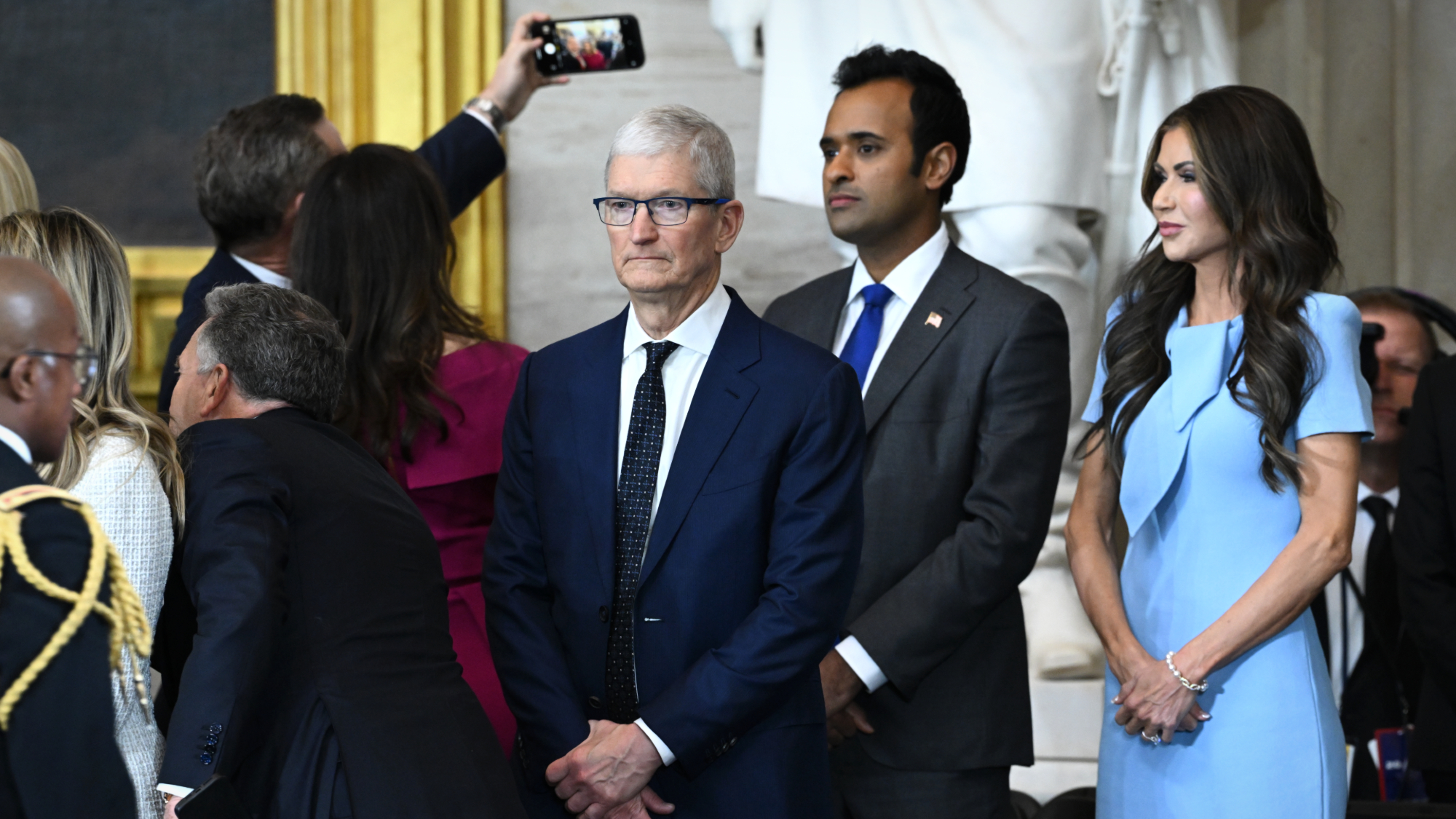 Apple pledges $500B in US spending over 4 years
Apple pledges $500B in US spending over 4 yearsSpeed Read This is a win for Trump, who has pushed to move manufacturing back to the US
-
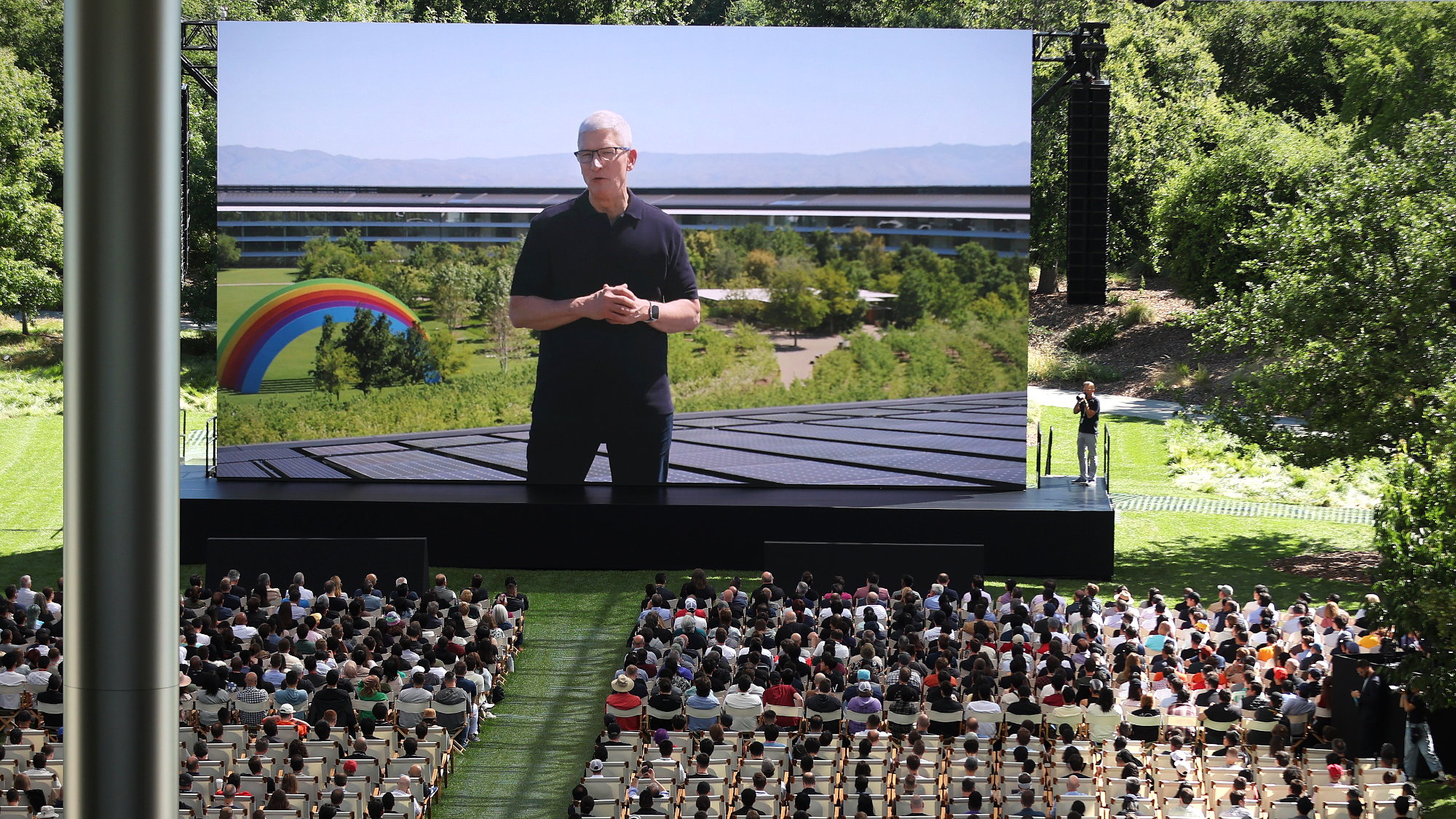 Apple unveils AI integration, ChatGPT partnership
Apple unveils AI integration, ChatGPT partnershipSpeed Read AI capabilities will be added to a bulked-up Siri and other apps, in partnership with OpenAI's ChatGPT
-
 Apple Intelligence: iPhone maker set to overhaul the AI experience
Apple Intelligence: iPhone maker set to overhaul the AI experienceIn the Spotlight A 'top-to-bottom makeover of the iPhone' sees the tech giant try to win the consumer AI game
-
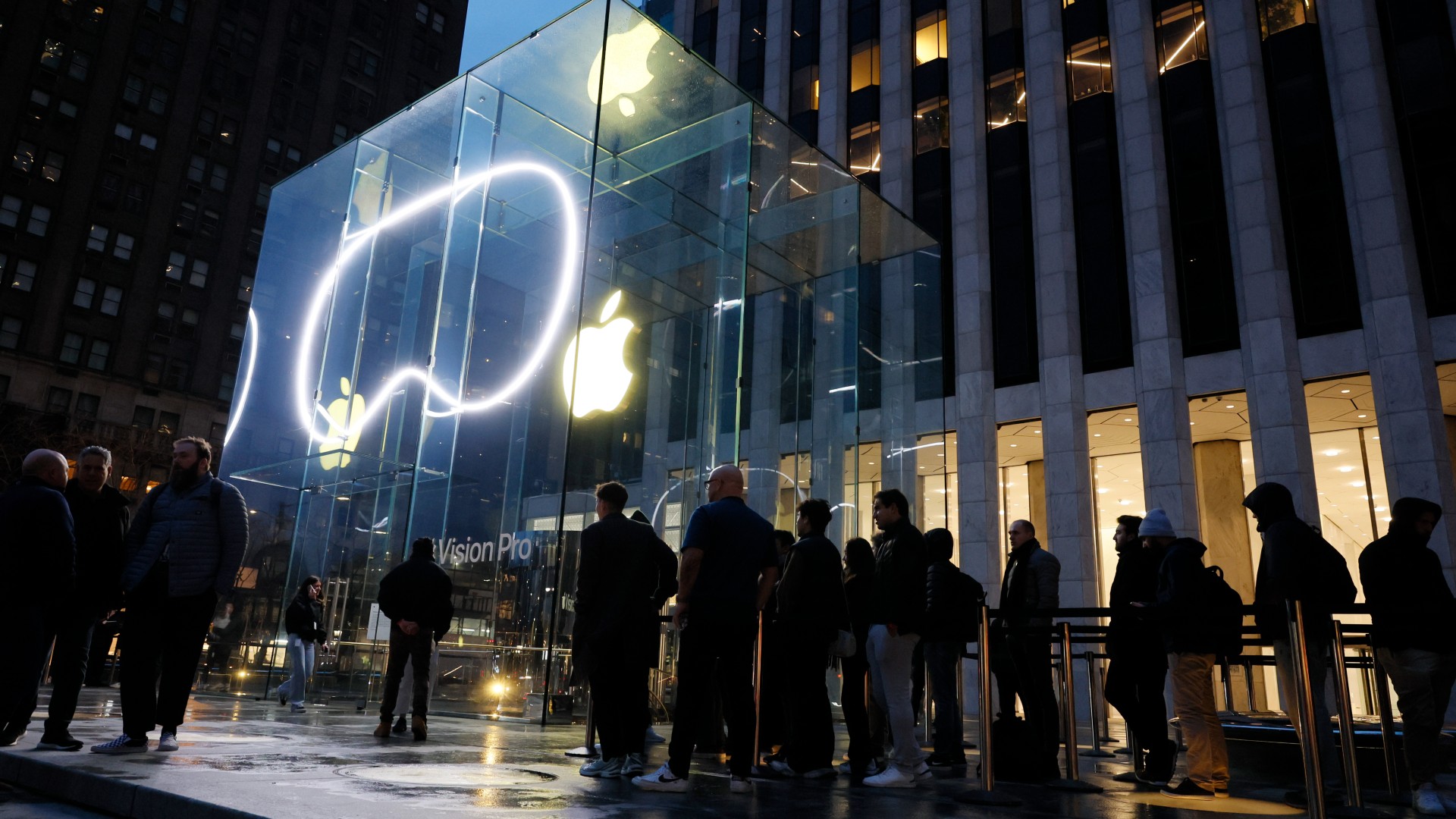 The Apple Vision Pro's dystopian debut
The Apple Vision Pro's dystopian debutIn the Spotlight Is "spatial computing" the next big thing?
-
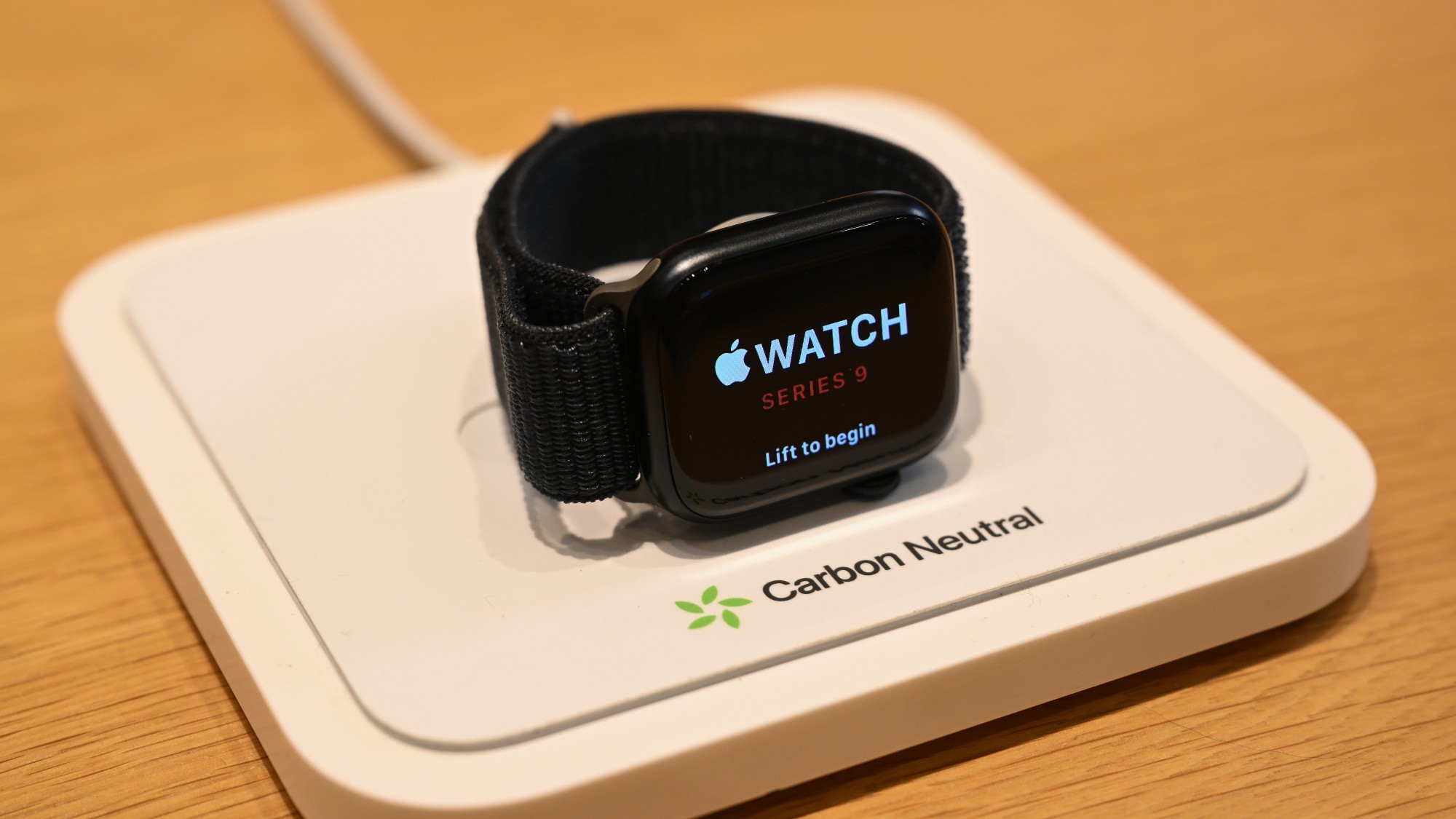 Why Apple's carbon-neutral claims may be misleading
Why Apple's carbon-neutral claims may be misleadingSpeed Read The company isn't disclosing all the information, a new report alleges
-
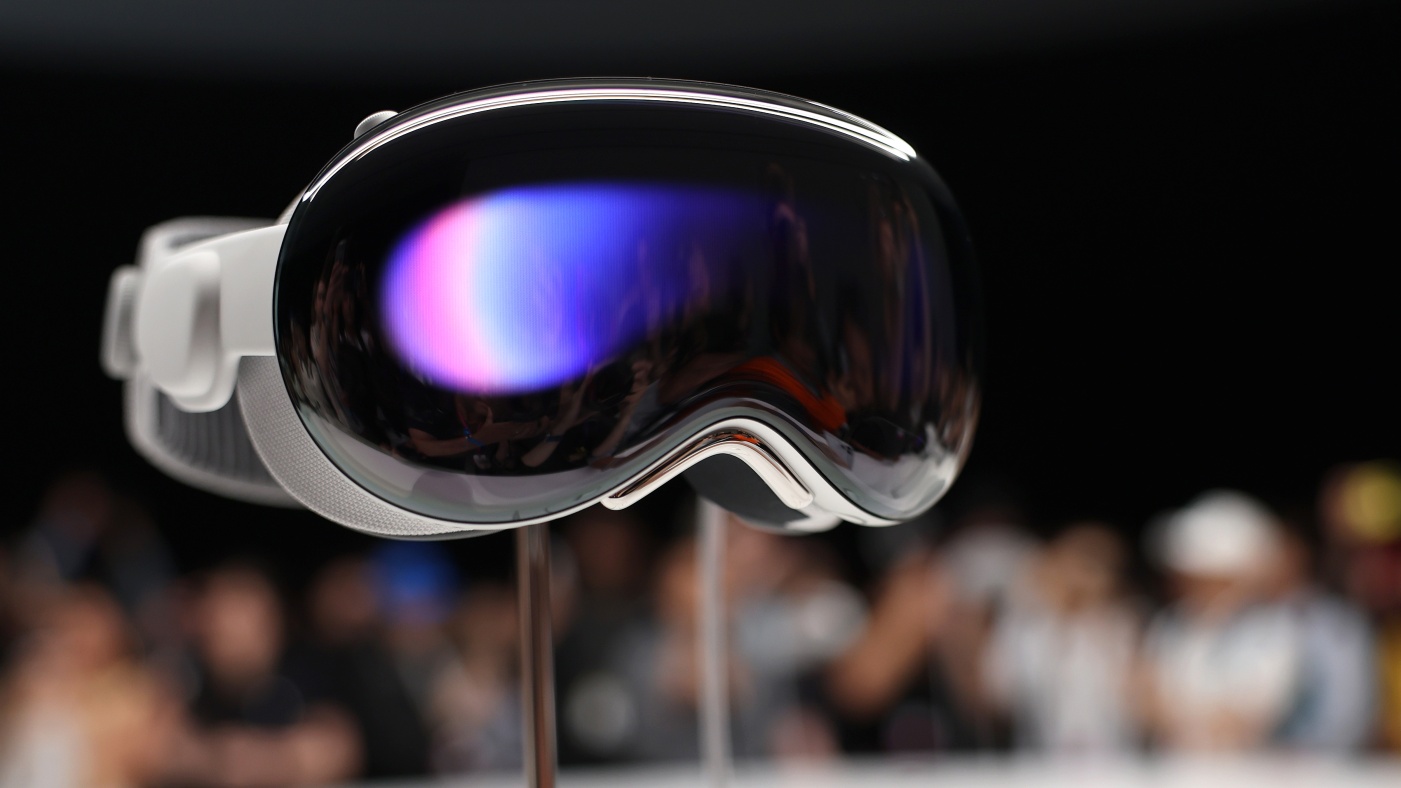 Apple’s Vision Pro: is the VR future finally here?
Apple’s Vision Pro: is the VR future finally here?Talking Point The ‘mixed reality’ headset could redefine how we use personal devices
-
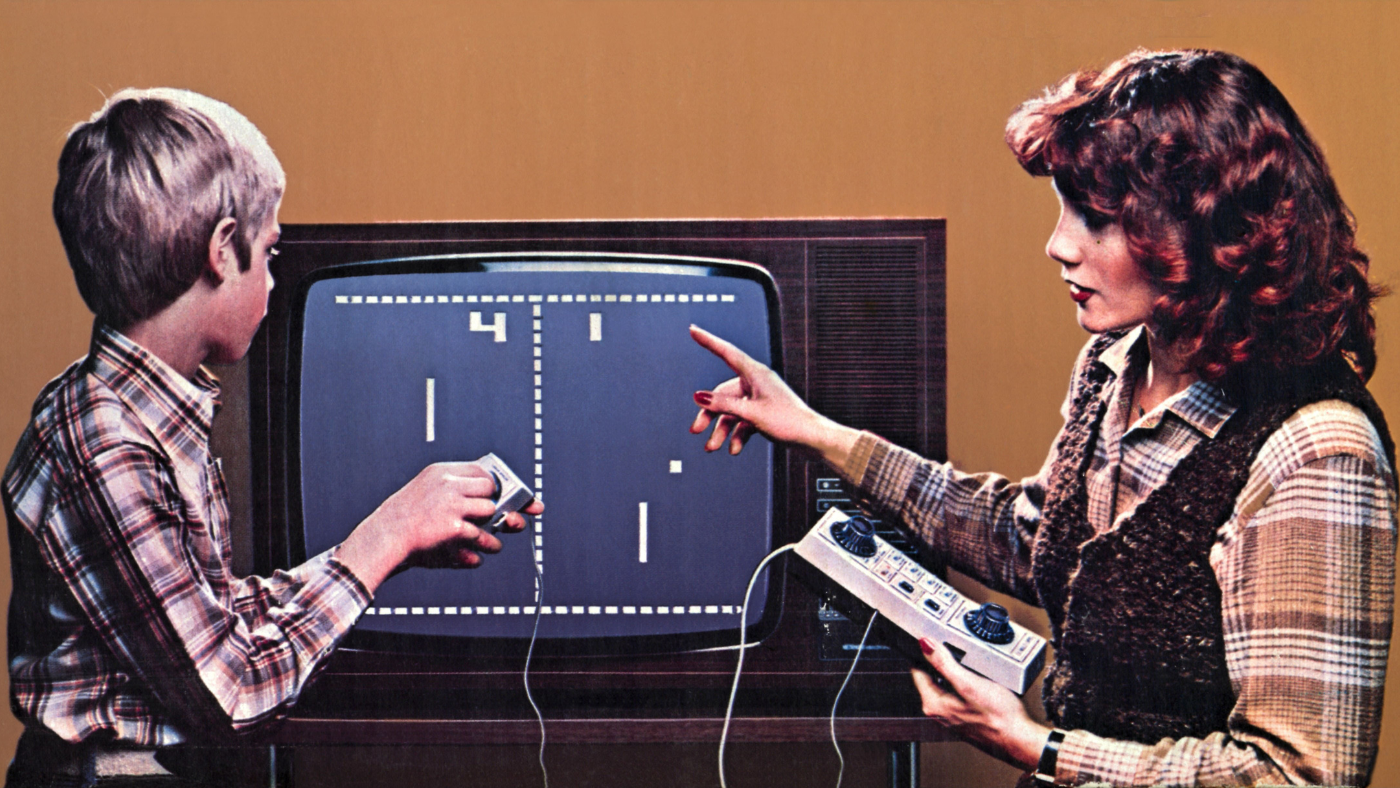 Pong at 50: the video game that ‘changed the world’
Pong at 50: the video game that ‘changed the world’Under the Radar Atari’s breakthrough invention remains a ‘touchstone’ in the history of gaming